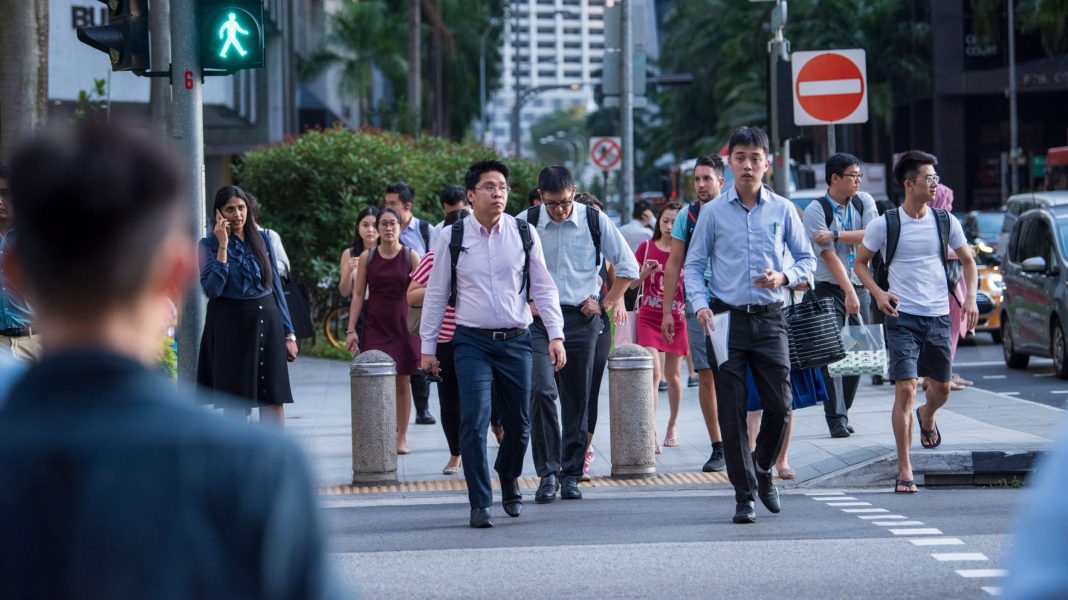SINGAPORE: While salary increases across Southeast Asia are projected to be higher in 2025 than in 2024, Singapore is expected to see the least salary increases compared to its neighbours, according to professional services firm Aon in a November report.
The study, which analysed data from over 950 companies in Indonesia, Malaysia, Philippines, Singapore, Thailand and Vietnam, showed that Singapore’s budgeted salary increase for 2025 is 4.4%, a modest rise from 4.2% in 2024 and 4% in 2023, as reported by CNBC.
Rahul Chawla, Aon’s partner and head of talent solutions for Southeast Asia, explained that Singapore’s slower salary growth is tied to its status as a developed market.
With lower inflation, salary increases in the city-state “typically lag other markets in Southeast Asia.”
Mr Chawla also noted that slower gross domestic product (GDP) growth in the city-state compared to other countries in the region plays a role in the smaller budgeted salary increases.
Notably, Singapore and Thailand are expected to see salary increases of 4.4% and 4.7%, respectively, in 2025, trailing behind the regional average.
Mr Chawla said that “salary increase rates are still [anticipated to be] higher [in 2025] than they were [in 2024], while we are anticipating a lower inflationary, lower interest rate environment going forward.”
He also pointed out that “in spite of a softening inflationary environment, salary increases are still hardening up” because of a mismatch between talent demand and supply.
While inflation continues to be a factor in the projected increases, other elements, like the strong demand for skilled talent in the region, also play a role.
For example, Southeast Asia, particularly Singapore, had become a hub for technology companies, attracting capital and creating a demand for talent to support this growth, Mr Chawla explained.
Cheng Wan Hua, Aon’s director of talent analytics for Southeast Asia, added that the rapid pace of technological change has created new skills in demand.
For example, prompt engineering, which wasn’t a major skill two years ago, has become highly sought after with the rise of tools like ChatGPT.
The report also pointed out that Southeast Asian businesses will likely maintain or expand their workforce numbers in 2025.
Conducted between July and September 2024, the study revealed that the failure to attract and retain skilled talent has become a significant concern for companies in the Asia-Pacific.
Aon’s Global Risk Management Survey showed this issue moved from the ninth biggest risk in 2021 to the fourth in 2023.
Aon projects the salary budget increases for 2025 across six Southeast Asian countries as follows:
- Vietnam: 7.5% (2023), 6.4% (2024), 6.7% (projected for 2025)
- Indonesia: 6% (2023), 5.7% (2024), 6.3% (projected for 2025)
- Philippines: 5.2% (2023), 5.4% (2024), 5.8% (projected for 2025)
- Malaysia: 5% (2023), 4.9% (2024), 5% (projected for 2025)
- Thailand: 4.7% (2023), 4.4% (2024), 4.7% (projected for 2025)
- Singapore: 4% (2023), 4.2% (2024), 4.4% (projected for 2025)
/TISG
Featured image by Depositphotos (for illustration purposes only)

